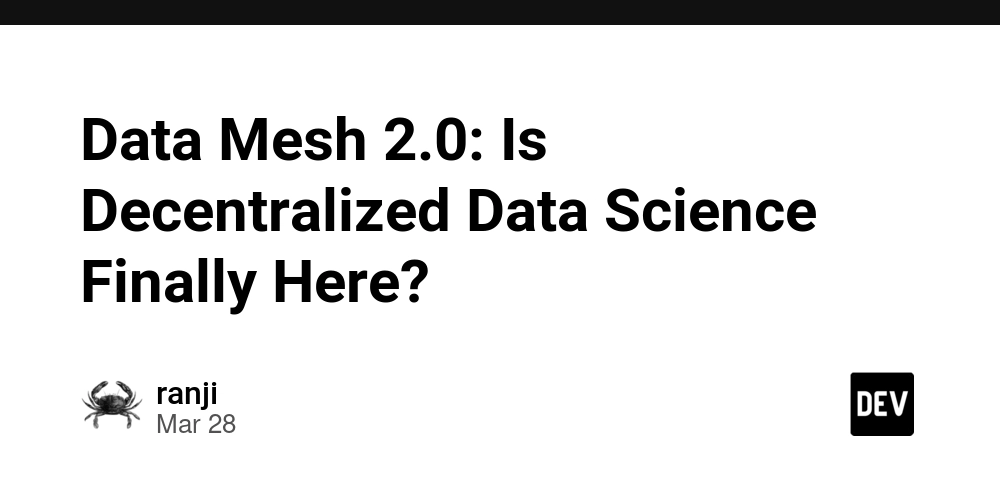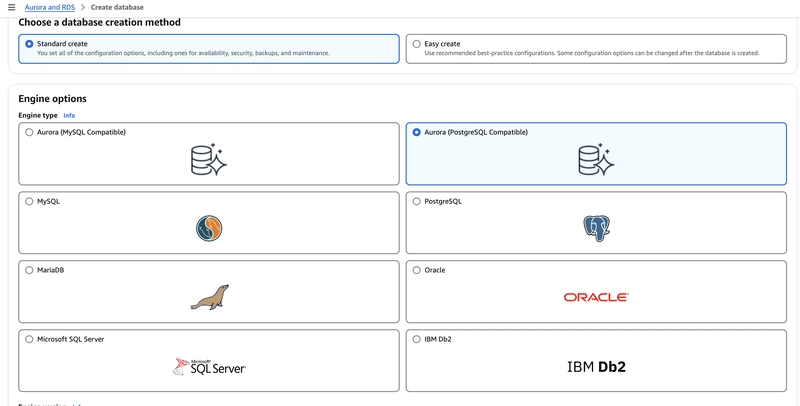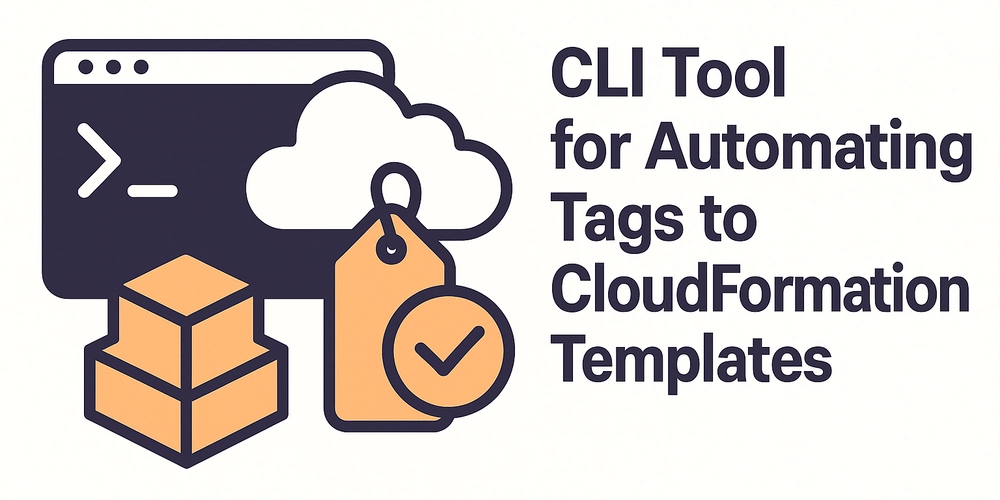Data Mesh 2.0: Is Decentralized Data Science Finally Here?
Organizations encounter fundamental changes regarding their data management because the digital era has created enormous amounts of data. Data lakes and warehouses established through traditional centralized architectures failed to operate efficiently after the rise of advanced and extensive modern data systems. The Data Mesh transformation spearheaded Data Mesh 2.0, resulting in the decentralization of data science functions. The ultimate decentralization of data science has finally arrived. Understanding Data Mesh The architectural approach of Data Mesh works toward distributed data ownership and management control. The decentralized data management approach of Data Mesh gives control of data products to domain-focused teams that handle data management tasks independently from a central team. Data Mesh architecture boosts data science operations through increased responsiveness, expanded possibilities for growth, and optimal operational performance. Data Mesh architecture has two fundamental principles that relocate data management duties from central teams to business units according to specific domains. Data Mesh evaluates data as an asset that receives a full governance structure for ownership and usable capabilities. Data Mesh enables teams to obtain self-serve data infrastructure through tools and frameworks that allow them to manage and access data without dependency on central support. Data Mesh includes federated computational governance as its last principle to enable decentralization while maintaining compliance and standards across the system. The Evolution to Data Mesh 2.0 The first model of Data Mesh introduced new possibilities, yet organizations struggled to execute it because it generated multiple governance issues and interoperability problems, together with security risks. The Data Mesh 2.0 version fills existing gaps through the implementation of sophisticated AI alongside automation mechanisms with decentralized data science methods. Key Advancements in Data Mesh 2.0 The enhanced version of Data Mesh employs automation through AI, which automates data discovery, quality checks, and governance processes. Data Mesh 2.0 enables domains to create standardized agreements known as interoperable data contracts that will allow smooth data exchange throughout the system. Thanks to decentralized data science workflows and their ability to enable teams to deploy models independently, central data teams do not need to handle the implementation of AI models. Data security and regulatory compliance improve because of blockchain-based validation and federated learning, which enhances security measures and regulatory adherence. The Role of Data Science in Data Mesh 2.0 The decentralized approach to data science perfectly matches the requirements of Data Mesh 2.0. The ability to work autonomously for domain-driven insights generation model development and innovation creation now exists for organizations. A data science course in Dubai enables experts to acquire essential competencies for succeeding in this transforming field. Courses in Dubai focus on real-world applications of AI, machine learning, and data engineering within decentralized data frameworks. How Data Science Training Supports Data Mesh 2.0 Professionals transitioning to decentralized data science must develop knowledge in several distinct fields as part of their skill development. Data engineers need to have a comprehensive understanding of system infrastructure and data pipelines to function as part of distributed storage operations. Developing predictive models inside decentralized systems depends on a fundamental knowledge of artificial intelligence and machine learning principles. Data governance with a security emphasis is essential in federated governance implementation. Cloud and edge computing experience serves professionals well when they want to implement scalable AI solutions through cloud platforms. Dubai's data science training opportunities offer practical coursework on essential aspects that help students handle Data Mesh 2.0 challenges effectively. Benefits of Decentralized Data Science Decentralized data science provides a wide range of advantages for organizations. The decentralized approach speeds up business decisions by removing data bottlenecks faced by centralization, enabling swift information access for better performance. This approach allows businesses to scale up their data abilities through independent data management capabilities for domain experts that increase flexibility. Product-based data management enables improved data quality through defined ownership, which results in greater consistency and reliability. AI and machine learning applications become more accessible to teams through decentralization because they can independently test them without central permission. Challenges in Implementing Data Mesh 2.0 Cultural and Organiza

Organizations encounter fundamental changes regarding their data management because the digital era has created enormous amounts of data. Data lakes and warehouses established through traditional centralized architectures failed to operate efficiently after the rise of advanced and extensive modern data systems. The Data Mesh transformation spearheaded Data Mesh 2.0, resulting in the decentralization of data science functions. The ultimate decentralization of data science has finally arrived.
Understanding Data Mesh
The architectural approach of Data Mesh works toward distributed data ownership and management control. The decentralized data management approach of Data Mesh gives control of data products to domain-focused teams that handle data management tasks independently from a central team. Data Mesh architecture boosts data science operations through increased responsiveness, expanded possibilities for growth, and optimal operational performance.
Data Mesh architecture has two fundamental principles that relocate data management duties from central teams to business units according to specific domains. Data Mesh evaluates data as an asset that receives a full governance structure for ownership and usable capabilities. Data Mesh enables teams to obtain self-serve data infrastructure through tools and frameworks that allow them to manage and access data without dependency on central support. Data Mesh includes federated computational governance as its last principle to enable decentralization while maintaining compliance and standards across the system.
The Evolution to Data Mesh 2.0
The first model of Data Mesh introduced new possibilities, yet organizations struggled to execute it because it generated multiple governance issues and interoperability problems, together with security risks. The Data Mesh 2.0 version fills existing gaps through the implementation of sophisticated AI alongside automation mechanisms with decentralized data science methods.
Key Advancements in Data Mesh 2.0
The enhanced version of Data Mesh employs automation through AI, which automates data discovery, quality checks, and governance processes. Data Mesh 2.0 enables domains to create standardized agreements known as interoperable data contracts that will allow smooth data exchange throughout the system. Thanks to decentralized data science workflows and their ability to enable teams to deploy models independently, central data teams do not need to handle the implementation of AI models. Data security and regulatory compliance improve because of blockchain-based validation and federated learning, which enhances security measures and regulatory adherence.
The Role of Data Science in Data Mesh 2.0
The decentralized approach to data science perfectly matches the requirements of Data Mesh 2.0. The ability to work autonomously for domain-driven insights generation model development and innovation creation now exists for organizations.
A data science course in Dubai enables experts to acquire essential competencies for succeeding in this transforming field. Courses in Dubai focus on real-world applications of AI, machine learning, and data engineering within decentralized data frameworks.
How Data Science Training Supports Data Mesh 2.0
Professionals transitioning to decentralized data science must develop knowledge in several distinct fields as part of their skill development. Data engineers need to have a comprehensive understanding of system infrastructure and data pipelines to function as part of distributed storage operations. Developing predictive models inside decentralized systems depends on a fundamental knowledge of artificial intelligence and machine learning principles. Data governance with a security emphasis is essential in federated governance implementation. Cloud and edge computing experience serves professionals well when they want to implement scalable AI solutions through cloud platforms. Dubai's data science training opportunities offer practical coursework on essential aspects that help students handle Data Mesh 2.0 challenges effectively.
Benefits of Decentralized Data Science
Decentralized data science provides a wide range of advantages for organizations. The decentralized approach speeds up business decisions by removing data bottlenecks faced by centralization, enabling swift information access for better performance. This approach allows businesses to scale up their data abilities through independent data management capabilities for domain experts that increase flexibility. Product-based data management enables improved data quality through defined ownership, which results in greater consistency and reliability. AI and machine learning applications become more accessible to teams through decentralization because they can independently test them without central permission.
Challenges in Implementing Data Mesh 2.0
- Cultural and Organizational Shifts Data Mesh 2.0 implementation demands that organizations transform their fundamental understanding and management systems for data. Organizations should implement training programs, particularly data science courses in Dubai, to help employees transition into this new operational framework.
- Complexity in Data Governance Organizations experience difficulties in achieving regulatory compliance without losing decentralization benefits. Streamlined data governance policies paired with automated compliance frameworks require immediate implementation by companies.
- Interoperability Between Domains The necessary implementation requires open data sharing between domains and avoiding creating isolated data storage practices. Data contracts and standardized APIs significantly address this problem.
- Skill Gaps Teams that lack sufficient expertise face limitations regarding independent data management tasks. Organizations need to fund data science training in Dubai to create skillful employees who will enable the successful implementation of Data Mesh 2.0.
Future of Decentralized Data Science
The adoption of Data Mesh 2.0 by organizations will result in decentralized data science emerging as an essential factor in their future operations. Edge AI, together with federated learning, represents current trends that move data processing operations toward sources in order to enhance operational efficiency while preserving privacy. Secure data-sharing services within decentralized marketplaces will facilitate open data transactions between commercial sectors. Machine learning technology within AI-driven data governance automates rules for data governance and compliance management.
Conclusion
Data Mesh 2.0 establishes a significant step forward in the path toward complete decentralization of data science operations. Organizations gain full-scale data potential and maintain regulatory compliance through AI deployments, automation implementation, and enhanced governance systems.
The first requirement for professionals who want to lead in this fast-paced field is to enroll in a data science course in Dubai. Data science training in Dubai gives professionals the proficiency to handle sophisticated decentralized data science operations. Organizations embracing Data Mesh development will rely on individuals with a suitable mix of competencies to execute their revolution.









































































































































































![[The AI Show Episode 142]: ChatGPT’s New Image Generator, Studio Ghibli Craze and Backlash, Gemini 2.5, OpenAI Academy, 4o Updates, Vibe Marketing & xAI Acquires X](https://www.marketingaiinstitute.com/hubfs/ep%20142%20cover.png)



























































































































![[FREE EBOOKS] The Kubernetes Bible, The Ultimate Linux Shell Scripting Guide & Four More Best Selling Titles](https://www.javacodegeeks.com/wp-content/uploads/2012/12/jcg-logo.jpg)



![From drop-out to software architect with Jason Lengstorf [Podcast #167]](https://cdn.hashnode.com/res/hashnode/image/upload/v1743796461357/f3d19cd7-e6f5-4d7c-8bfc-eb974bc8da68.png?#)






































































































.png?#)




.jpg?#)
































_Christophe_Coat_Alamy.jpg?#)








































































































![Rapidus in Talks With Apple as It Accelerates Toward 2nm Chip Production [Report]](https://www.iclarified.com/images/news/96937/96937/96937-640.jpg)








































































































































